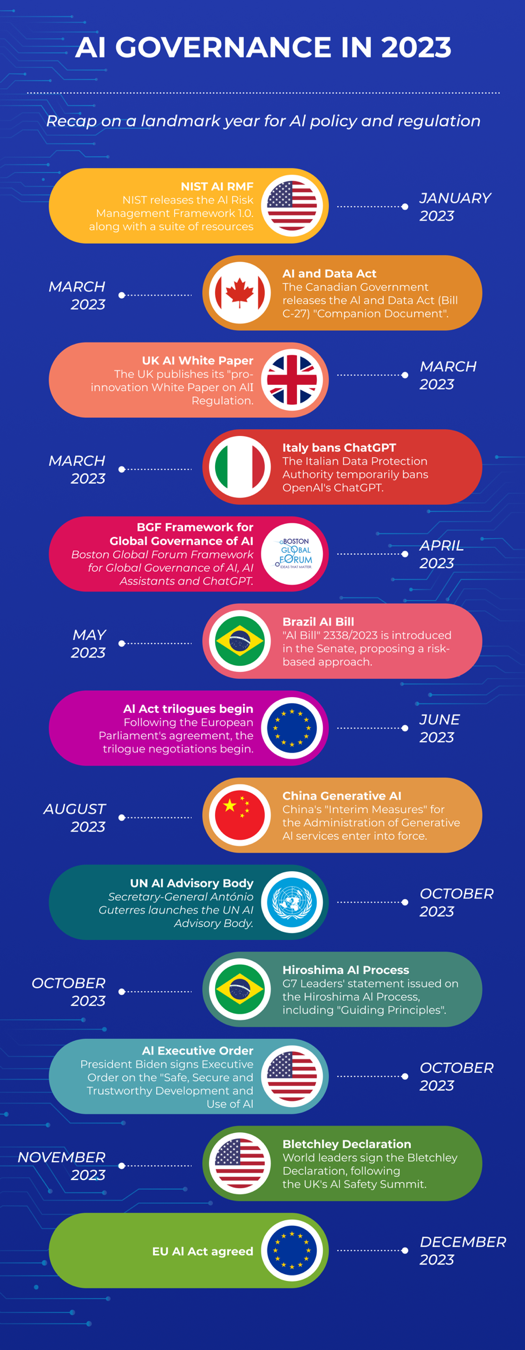Critical infrastructure and other high-risk organizations will need to do AI risk assessments and adhere to cybersecurity standards.
On December 8, 2023, after more than 36 hours of negotiations, European Union lawmakers agreed on the details of a new law to regulate artificial intelligence. The document, dubbed the AI Act, is one of the first attempts in the world to establish a comprehensive set of rules for AI, and it aims to protect consumer rights while also fostering innovation. This new legislation is “a historical achievement and a huge milestone towards the future,” said Carme Artigas, Spanish secretary of state for digitalization and artificial intelligence.
The document carries cybersecurity implications and might change how tech giants like Google and Microsoft, as well as AI startups, operate in the EU. However, the impact of the bill may reach well beyond European borders: It could serve as a blueprint for other countries that want to establish rules for AI. The way EU policymakers think about the intersection of AI and cybersecurity could serve as an indicator of future regulatory trends.
Please see full here:
The Boston Global Forum announced the AI World Society initiative in 2017. The AI Act of EU is significant to AIWS, it meets the Social Contract for the AI Age, a part of AIWS. In April 2023, BGF launched the BGF Framework for Global Governance of AI.












